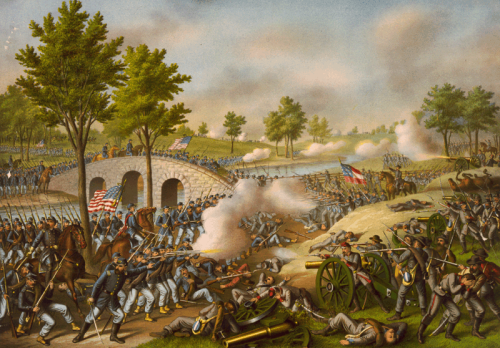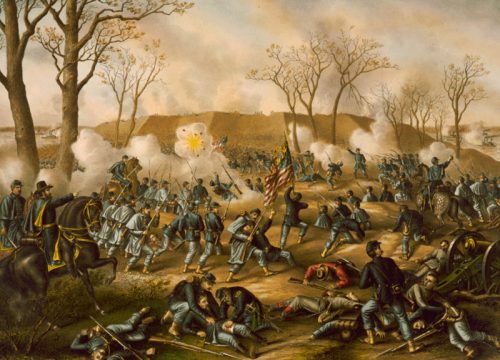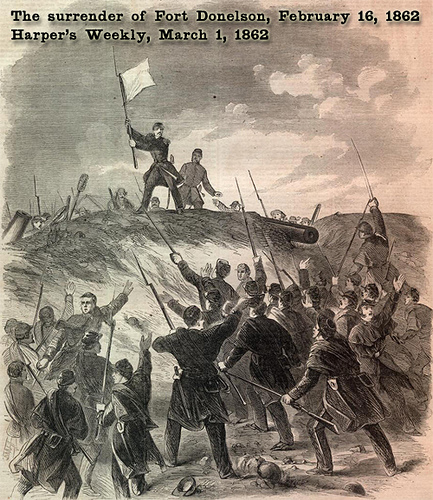Tomorrow, February 12, 2013, will be the 204th birthday of Abraham Lincoln, our 16th President. While I’ve been studying the life of this extraordinary American, I’ve also been pondering a sketch of the President by Steven J. Myles, who is a lifelong friend and an exceptional artist. It really catches the character of the man. So, happy birthday, President Lincoln. And thank you, Artist Myles.
-
Recent Posts
- Honest Abe
- Winter of Discontent
- Lincoln Lives
- Greenbacks Over Greybacks
- Whipping Bobby Lee
- Bloody Lane: No Turning Back
- Escaping From Bandit’s Roost
- Unconditional Surrender Grant
- Little Mac Attack
- Yell Like Furies
- Chasseur, For Sure
- Crossroads of Death
- Crossroads of Life
- A Fish Named Hamilton
- Anaconda Strike
- 34 Hours of Hell
- Christmas Eve 1862
- When Rights Collide
- Can You See The Connection?
- Deadly See-Saw: The Battle of Gaines’ Mill
- From Union Square to Freedom’s Fortress
- Freedom’s Fortress
- Little Drummer Boys
- Remember The Forsaken
- Do you know this warrior?
Post Calendar
May 2024 M T W T F S S 1 2 3 4 5 6 7 8 9 10 11 12 13 14 15 16 17 18 19 20 21 22 23 24 25 26 27 28 29 30 31 Archives
Categories
Great-Grandson of Archibald Van Orden
bowmanifesto
Learn about John Bowman @ http://www.linkedin.com/in/johnabowman
Meta

















